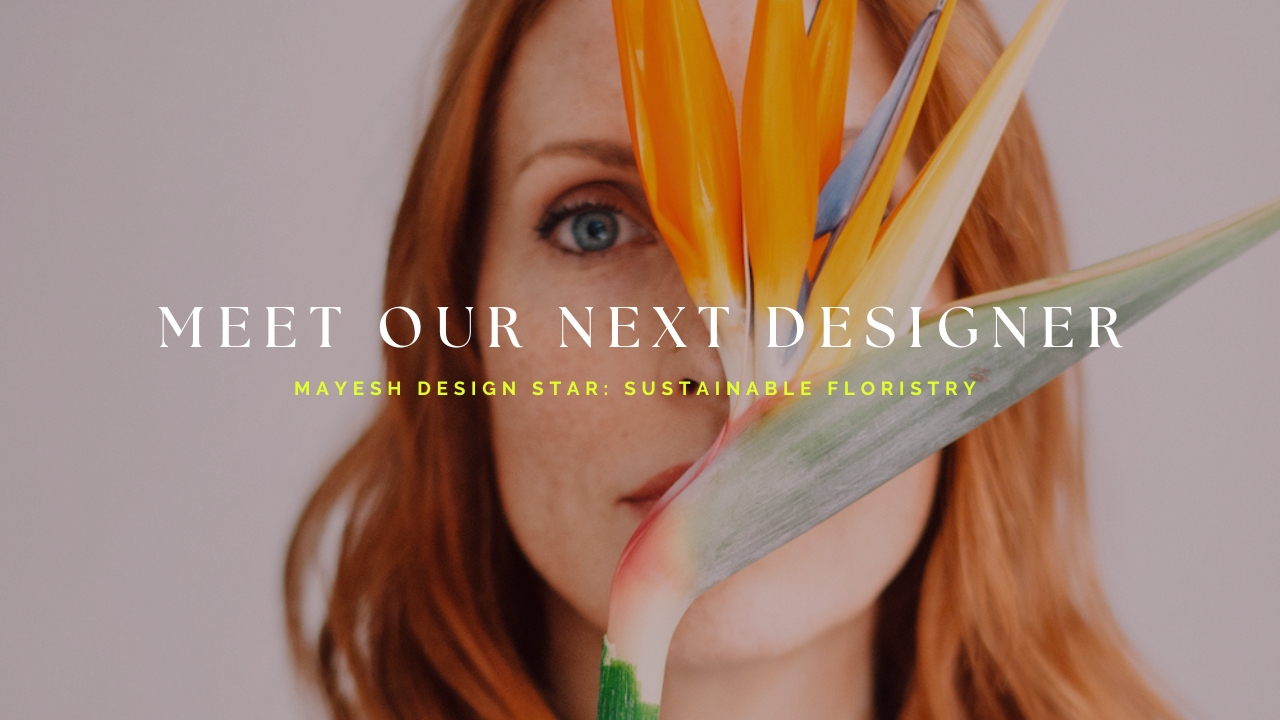Mayesh Design Star: Sue McLeary
New year, new Mayesh Design Star series! We are thrilled to be embarking on another full year of exceptional floral design education, this year with a special focus on Sustainability. So who's up first? Without further ado, we give you...
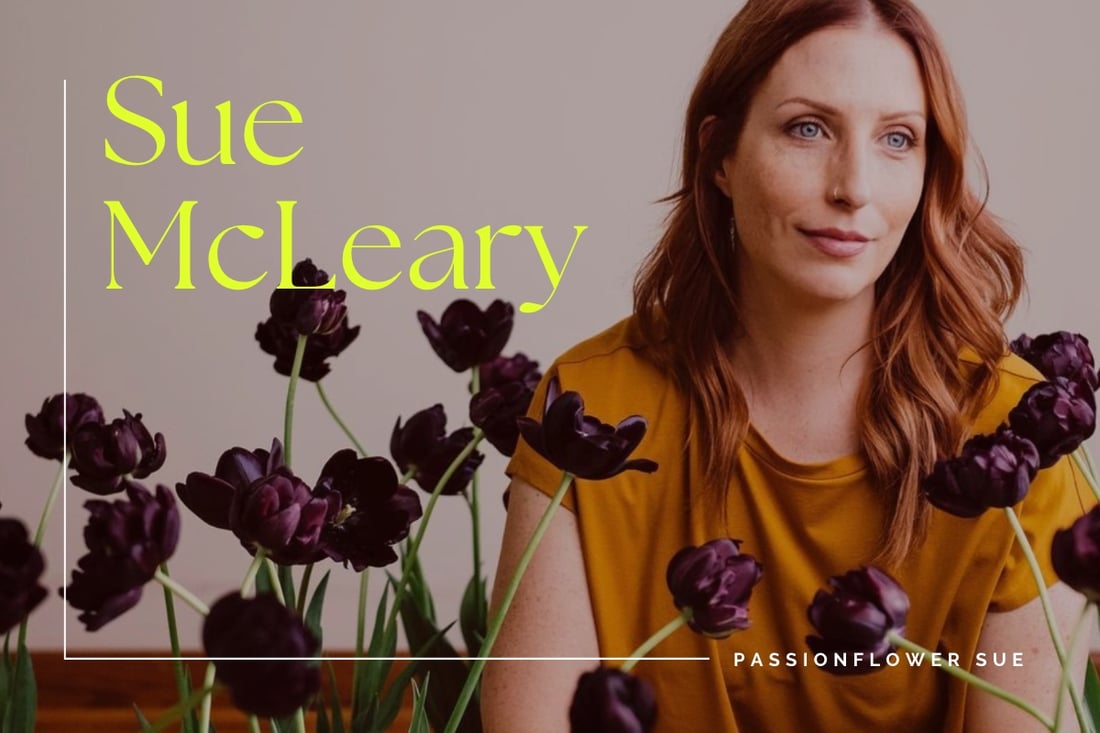
It probably comes as little to no surprise that we are kicking things off with the Queen herself, Sue McLeary of Passionflower Sue. Sue is an absolute force within the industry, in particular floral education, and as a long-time friend of Mayesh, it was about time we had her join the ranks of Mayesh Design Star! One might even say the stars aligned that waited this long because sustainable floristry is a huge part of Sue's work, and we could think of no one better to introduce this topic to our Design Star series.
We have a few questions for Sue below, but first, a bit of background on her floral design career:
Sue is a floral designer, artist, and instructor who creates unusual, boundary-pushing floral art including elaborate headpieces, floral wearables, floral installations, and her signature succulent jewelry. Her soulful, seasonally- inspired creations have been described as exquisite living artwork.
Susan’s work has been featured in leading industry publications and websites including Fusion Flowers Magazine, Martha Stewart Weddings, Flower magazine, Florist’s Review, My Modern Met, Refinery 29, SELF, Buzzfeed, Good Housekeeping, Cosmopolitan, Belle Armoire, and Midwest Living. Susan is a member of Chapel Designers, Slow Flowers, and the Sustainable Floristry Network. She is the author of two books, “The Art of Wearable Flowers” and “Flowers for All,” both with Chronicle Books.
What is your philosophy towards sustainability within our industry?
Sustainable floristry is certainly not a new concept, but over the ten years or so, we have seen awareness and interest in the topic increase. As the larger culture began to question established systems and the impact our everyday actions have on the earth and its people, so did florists. Of course, many florists had a sustainably minded approach from their first day working with flowers, but many of us, myself included, were taught floristry in a more conventional way.
In my early days as a florist, I accepted the methods that were shown to me. But as I began to explore the culture of floristry, I soon realized that there is a long, rich, global tradition of floristry to explore. There are methods and mechanics that we can use that are gentle to the planet, there are ways to support responsible floriculture, and there are so many ways to reduce the waste we create.
Sustainability is a complex topic. Generally speaking, it has three pillars: economic, environmental, and social. In floristry, we have a lot to examine. The ethics behind our work include: the health and welfare of the people that grow and process our flowers, the environmental impact of floriculture, including the chemicals that are used in production, the carbon footprint that is created as our flowers travel the globe to reach us, and the waste our work leaves behind.
It’s a nuanced, multilayered topic.
Over the last 7 years or so, as I’ve transitioned into teaching and writing about floristry exclusively, I have become very interested in how I can best participate in sustainable, positive change. I followed my curiosity and found myself attracted to methods and mechanics. I began to test ways to work as a florist in a more nature-focused way. This is the aspect of sustainable floristry that I feel most interested in and best equipped to contribute to.
I aim to challenge conventional floristry methods that are wasteful or otherwise damaging and offer alternatives that don’t compromise the ability of florists to continue to create artful, relevant, profitable work.
Years ago, I created a little criteria mantra for myself to stay on track: “reusable or compostable”. I focus on design mechanics and materials that fit into one or both of those categories. Although I do use a small amount of floral wire ( much is reused ), tape, and floral glue in my work, the resulting waste from these materials is minimal. For the work that has the highest potential for waste ( think event centerpiece work and large-scale installation work), I work with reusable and/or compostable components. As I said, sustainable floristry gives us a lot to examine and I see my role as a tester, tinkerer, and presenter of alternatives. I hope my findings encourage others to explore a more natural approach to floristry.
Where do you hope to see the industry in the next 5 years?
I think floristry has experienced a renaissance over the last decade and will continue to be an increasingly attractive profession. I think the farm-to-table movement, the Slow Flowers movement, and the increased interest in flower farming and gardening will aid us as we continue to elevate the public’s perception of what floristry is. With this renaissance, there has been an influx of new energy and new floral expression, which has been transformative to our industry. But what I think what is somewhat missing is an emphasis on art principles, design theory, and handiwork techniques. Floristry is a rich, visual art, and I think florists are really starting to accept the role of artist, not only service provider. I think the next step after accepting the role of artist is to deep dive into the principles that allow us to really express ourselves. I predict we will see an increase in meaty, design theory-rich education and a general skill upleveling in the next several years.
Is there anything else you'd like to share?
I’m thrilled to welcome my second book, “Flowers for All” on February 7th! This book is an invitation to engage with flowers more often, and is meant for anyone - from novice to experienced florist. There are 30 projects in the book, all meant to peak curiosity, slow us down, and encourage us to really enjoy the time we spend flowering.
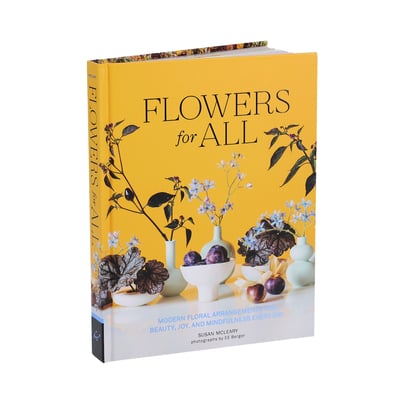
Pre-Order "Flowers for All" now!
.jpg?width=1100&height=715&name=Mayesh%20Design%20Star%20Sue%20Mcleary%20(2).jpg)
.jpg?width=1100&height=715&name=Mayesh%20Design%20Star%20Sue%20Mcleary%20(3).jpg)
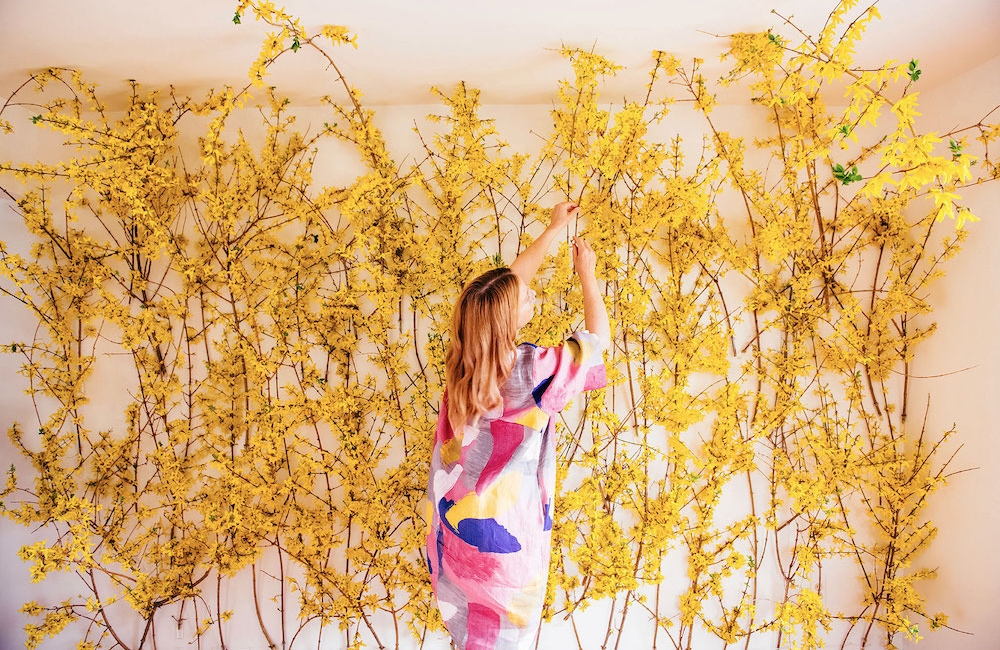
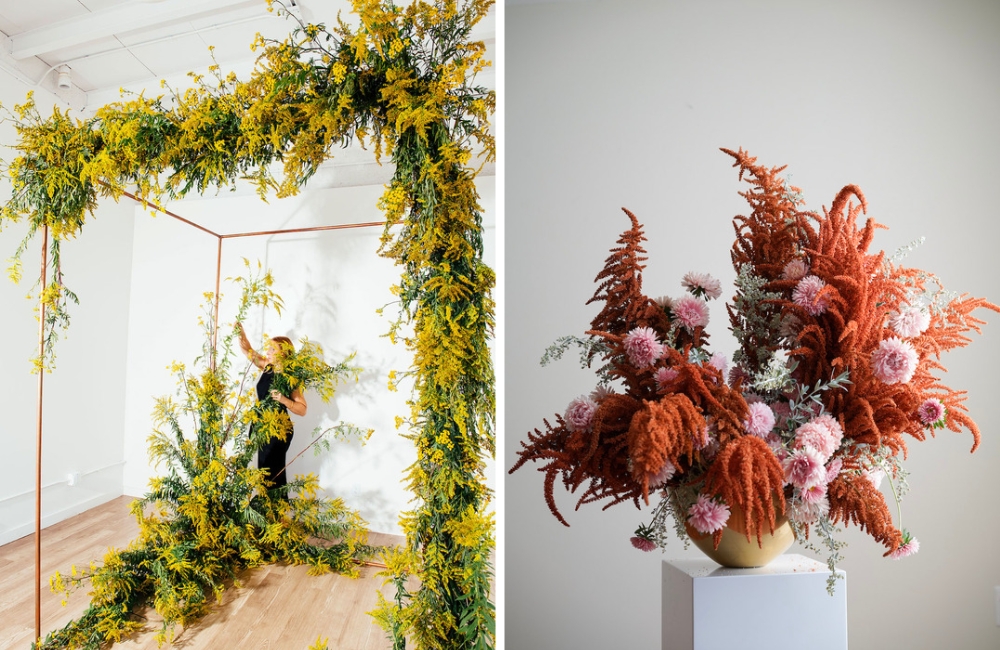
.jpg?width=1100&height=715&name=Mayesh%20Design%20Star%20Sue%20Mcleary%20(4).jpg)
Stay tuned for Sue's first video out of three! Trust us, you will learn A LOT so it's not to be missed!
Connect with Sue:
